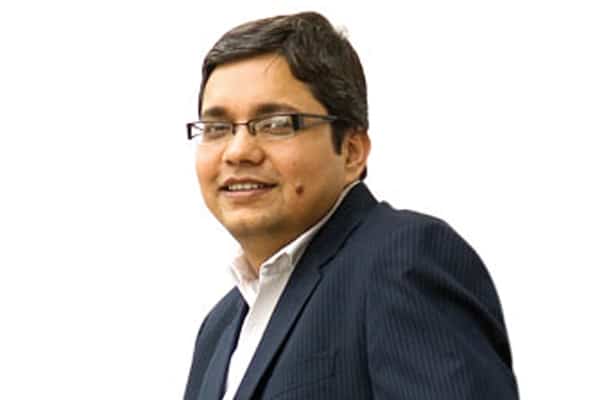
It’s been quite some time since the city planners have been raising concerns over the unabated influx of population in urban areas, more so in the
metropolitan cities, in search of better future prospects and quality of life. It is believed that India’s urban headcount would hit 814 million by 2050 — kind of mass urbanisation seen before only in China. This has already begun to tell on the limited urban resources, like land, water, energy, etc. In fact, many of the large cities are already bursting at the seams.
In this backdrop, the Central Government’s announcements to develop 100 Smart Cities, more recently Atal Mission for Rejuvenation and Urban

Transformation (AMRUT) for 500 cities, and Housing for All by 2022 are timely moves. Cities like Varanasi, Vizag, Amaravati, Ajmer, etc., are already on the drawing board, while in Gandhinagar work on the country’s first Smart City goes on in full swing.
Housing short-supply and poor transportation infrastructure—two major urban issues—coupled with lack of sanitation and other civic services, plague most of the Tier-I and II cities. Experts blame undue rural focus of subsequent governments for the present state of urban affairs. This led to complete neglect of cities and their problems.

All that is required to tread the smart city path are a strong political will, meticulous urban planning, unhindered flow of funds and proper public-private sector coordination for effective execution of the plans. Given the focus of the incumbent government, the scenario seems set to change, once and for all. Assuming that things would go the desired way, rejuvenated cities would potentially change the way we live and work, and the way we do business. Smart cities would also have the inbuilt mechanism to bolster infrastructure growth and in turn India’s economy on a never before scale.
With a view to highlighting the urgency to develop smart cities in the country, Elets Technomedia is organising the ‘4th Annual Smart City Conference’ in New Delhi on 31st July 2015. The Conference aims to provide a platform to major urban development and eGovernance stakeholders to deliberate on the various models of future cities. Key stakeholders from the Government of India and various state governments, urban local bodies, urban planning experts and industry leaders will share their views at the meet. Besides, those making extraordinary contribution towards realisation of the vision of future cities will also be recognised on the occasion.
This issue of eGov also carries a special section on the impressive initiatives of the Bhopal Municipal Corporation (BMC), which is leaving no stone unturned to convert the City of Lakes into one of the best cities of the country.
Hope you enjoy reading!
Be a part of Elets Collaborative Initiatives. Join Us for Upcoming Events and explore business opportunities. Like us on Facebook , connect with us on LinkedIn and follow us on Twitter, Instagram.











